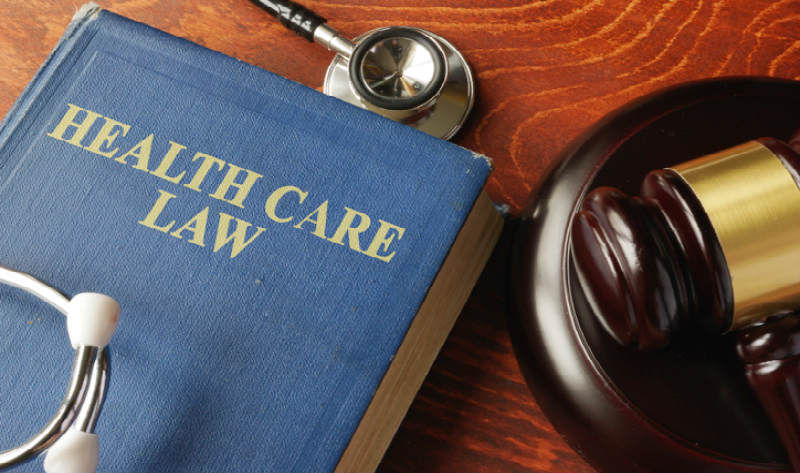TAPE RECORDINGS CONVERSATION
- Kwame Smith
- May 16, 2022
- 1 min read

The phenomenon of tendering tape recorded conversation before law courts as evidence, particularly in cases arising under the Prevention of Corruption Act, where such conversation is recorded by sending the complainant with a recording device to the person demanding or offering bribe has almost become a common practice now. In civil cases also parties may rely upon tape records of relevant conversation to support their version. In such cases the court has to face various questions regarding admissibility, nature and evidentiary value of such a tape- recorded conversation. The Indian Evidence Act, prior to its being amended by the Information Technology Act, 2000, mainly dealt with evidence, which was in oral or documentary form. Nothing was there to point out about the admissibility, nature and evidentiary value of a conversation or statement recorded in an electro-magnetic device. Being confronted with the question of this nature and called upon to decide the same, the law courts in India as well as in England devised and developed principles so that such evidence, mat be received in law courts and acted upon.
The relationship between law and technology has not always been an easy one. However, the law has always yielded in favour of technology whenever it was found necessary. The concern of the law courts regarding utility and admissibility of tape recorded conversation, from time to time found its manifestation in various pronouncement.
if you're looking for technology lawyer, you can reach put to us PDLAWCHAMBER



Comments